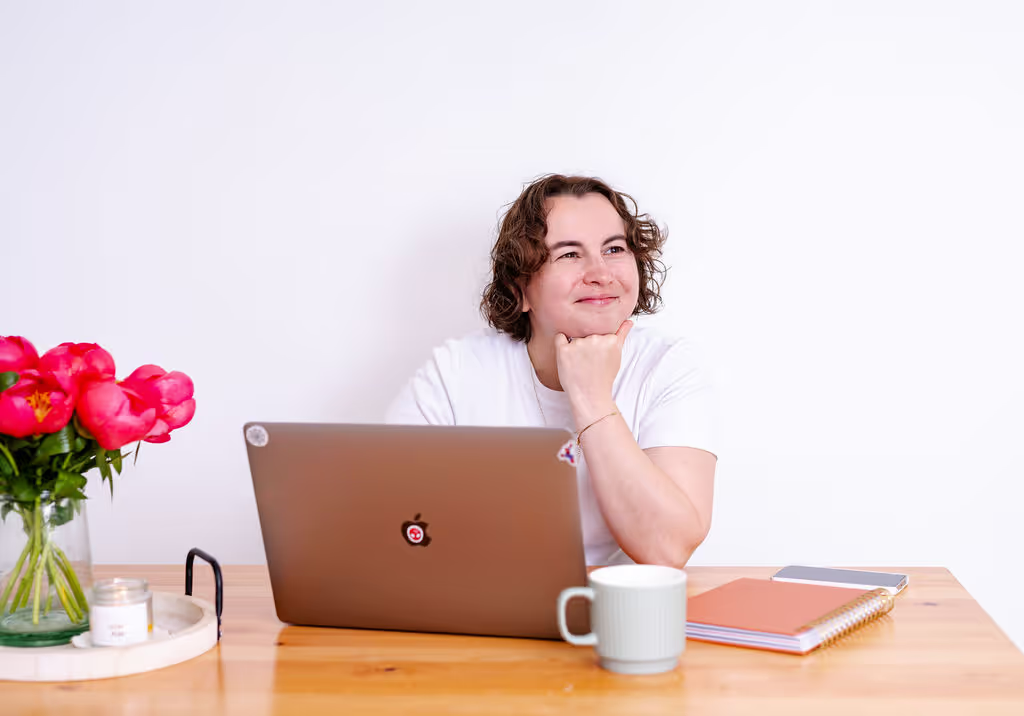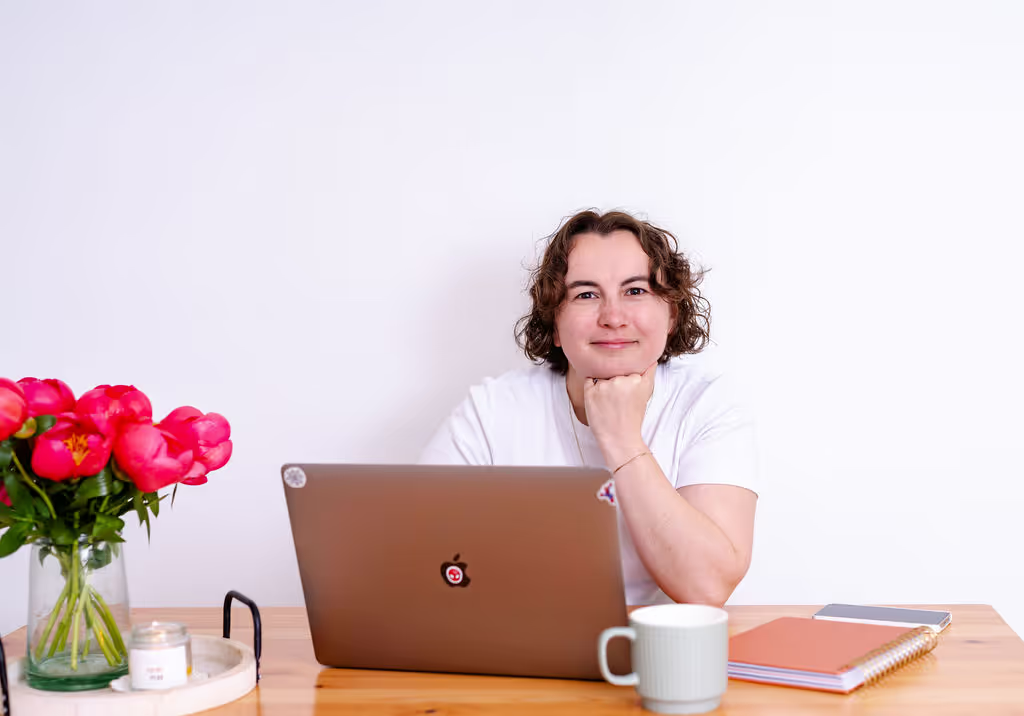How I Became a Web Developer (and What I Learned Along the Way)

I didn't grow up wanting to be a web developer — in fact, I didn’t know that job existed. I was always good at algebra at school, which I never thought would come in handy (because when do you ever use letters for numbers in everyday life?). But in code, it does.
Early years
I went to Uni to study media production so that I could work as a camera operator. During my first year, we were tasked with creating our own website as a portfolio and, for some unknown reason, I decided to do it the hard way and code it. Looking back, it wasn’t very good — however, my tutor was impressed, and I was so proud of it that I decided to switch to Web Development.
University was fun and mostly project-based. I created a game for young children to learn about littering and global warming, did a bunch of research about VR (which was fresh at the time), and worked for my tutor on smaller websites as well as doing some social media posts.
Working in London
Now, I am a country girl through and through and always said I wouldn't work in London — but an opportunity presented itself, and I thought if I could make it there, I could make it anywhere.
I worked for a publishing agency that helped magazines convert to digital and provided an app they could work from. My job was to work on the layouts, functionality, and client requests. I enjoyed the work, but doing the 3‑hour commute every day started to weigh on me, and then I began to believe I wasn’t good enough.
Since I was young, I have relied heavily on validation from others. I wasn’t ever “good” at anything at school or home, I got bullied a lot, and I was unaware that I was dyslexic and dyspraxic until my last year of university, where I got diagnosed by a doctor.
Learning this at the age of 23 did not go down well. It crushed any self‑worth I had, and I would hide it from people (now I think of it as a superpower). It wasn’t until a year into that job that I was told I was doing a good job — but it was too late. My belief that I was not good enough led me to stop eating, cry every day on the train there and back, be unable to sleep, and hide in the toilet for periods of time while I had panic attacks at work. It was the toughest time of my life.
I did eventually get help from a local therapist (who I still see from time to time), and I managed to get my next job closer to home.
Working closer to home
I started working for an agency in Canterbury, and I loved it there. I fit in, got regular feedback, and managed to go from Web Developer to Head of Department in one year.
I learned a lot at this job — like how to deal with tough clients, how to deal with tough colleagues, and how WordPress worked inside and out. I used to get feedback like, “Mel, you’re not a normal developer” and “You take something technical and make it understandable,” which built my confidence.
It’s here that I learned I love to teach people. When you can see it click in their head and they finally understand it — there’s no better feeling in the world. I worked on many websites (most in the construction and industrial sector) during my time here, but what I especially loved was making it easier for others to update and understand how they worked.
Back to… you guessed it, London
After some time at the previous agency, I needed a bit more of a challenge and wanted to learn newer ways to code, so I worked hybrid at a gaming company.
Our focus was to convert more users to click through to the gaming website that matched their intent. It’s here that I started to learn more about CRO, A/B testing, and what it was like to work in a bigger company (around 500 people). It didn’t have the same vibe as my last job, but it was exciting for a while.
There were different groups set up for various people, and I decided to set one up for neurodiverse employees (before it became a real topic people spoke about). I set it up because I wanted a space where people could share their experiences and what had helped them through life — things that might help others too.
It grew more than I thought it would, and we ended up presenting to around 100 people at the company retreat. I also managed to bring in specialists to educate people on how to support neurodiverse colleagues at work. To this day, this is the biggest internal impact I’ve had at a company, and I am truly proud of it.
Remote work
At the end of COVID, I really started to question how I was spending my time in life and how I would usually be too tired to want to do exercise, art, or another hobby. So I started a 4‑day‑a‑week job as a Head of Department at an agency — but this time, I would be building the department from scratch.
I decided how we built websites, wrote out the plan for what the rest of the team would do, and then built the websites that the sales team managed to bring in. It was a rocky ride, but I learned so much from a business perspective: empathy for my previous bosses, how to deal with higher responsibilities, and how to build a dev department from scratch.
Over time, I started to deteriorate into a similar mindset from my first job, coupled with other issues at work. One day, I couldn’t make it home from a therapy appointment and decided that I needed to change something — or my health would really start to suffer.
Now we’re here
I decided to work for myself at the end of 2024. I truly enjoy working for myself and find it’s the best work/life balance for me. It took some getting used to — I would constantly check my phone for “urgent” emails, and I always felt like I should be working (probably true for a lot of self‑employed people).
But in 2025, I really started to find my groove. Now I get to do all the things I love: teach my clients how to use their website, educate people around neurodiversity, and design and build websites.
If you are a service provider and would like help with your website please get in touch with me and we can see how I can help you.

.avif)